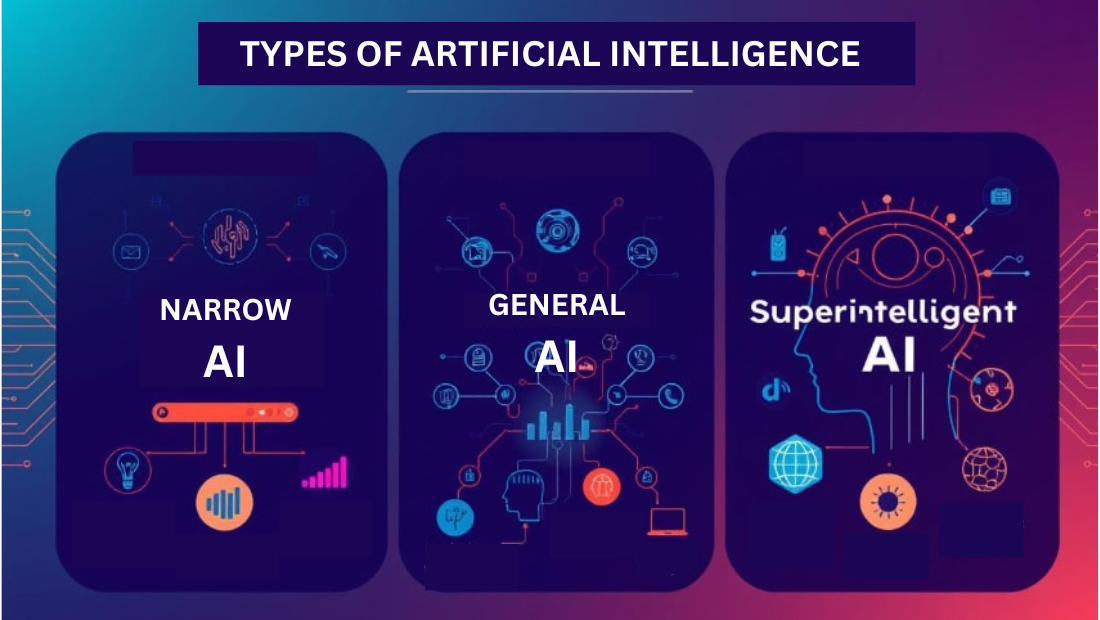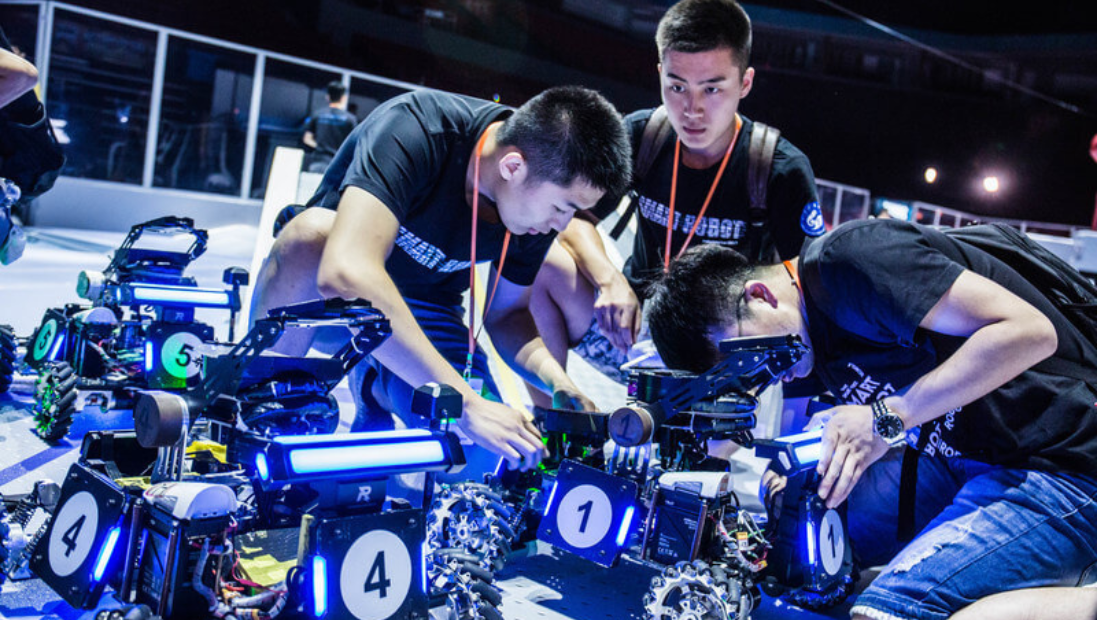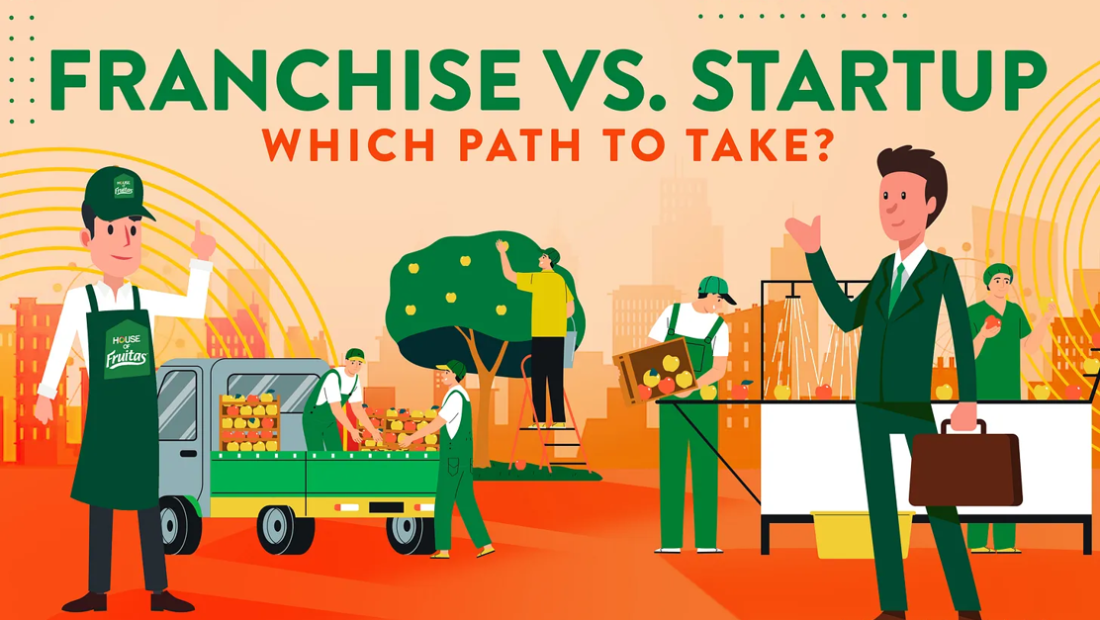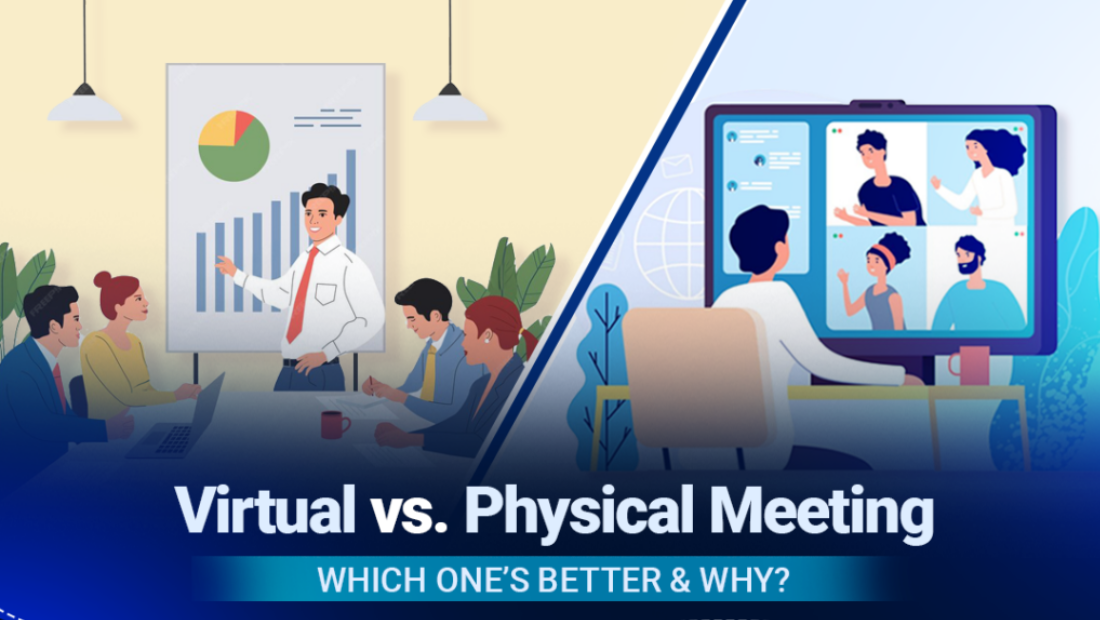
Generation Z — those born between the mid-1990s and early 2010s — is growing up fast, and they’re doing things differently. This generation values independence, flexibility, and a strong work-life balance. They care deeply about building wealth, but also about making a positive impact on the world through social, environmental, and ethical action.
A recent CBS survey found that over 85% of Gen Z in the U.S. want to become social media influencers and eventually launch their own businesses. But not all influencers are the same. Some focus on innovation and building new ideas; others rely on personal branding and online presence to grow their audience and income.
Both types need creativity, but innovation-driven influencers go deeper — they research, plan for the long term, raise funding, and aim to make a lasting difference. More traditional influencers focus on quick engagement, building followers, and generating income now.
What’s powering all of this? The digital world — and now AI — is giving Gen Z powerful tools to connect with audiences and build their own brands. They launch businesses online, attract sponsors, and sell products and services with confidence and authenticity.
Compared to earlier generations, Gen Z has an easier time starting businesses thanks to better access to data, tech tools, and digital platforms. They also care more about inclusivity, diversity, and solving real social problems.
But it’s not all smooth sailing. Financial stress and time pressure are real challenges. Over 40% of Gen Z live paycheck to paycheck. More than 30% aren’t sure they’ll ever afford a home or be able to retire. Nearly half work multiple jobs to keep up with expenses.
Still, Gen Z is a generation of disruptors. They’re not afraid to shake things up and rethink how businesses work. To thrive long-term, they’ll need to keep learning, use every resource available, and stay committed to growth that’s both smart and sustainable.










